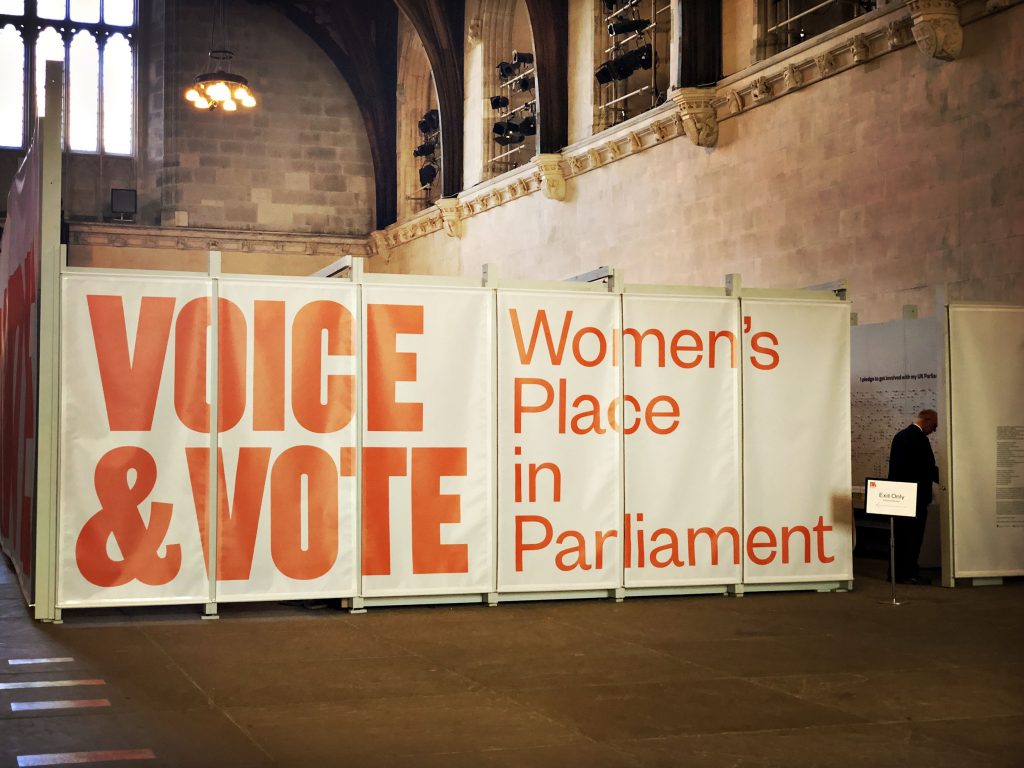Every year on June 30th, the International Day of Parliamentarism celebrates the fundamental principles of parliamentarism. The day also draws attention to how the parliamentary systems of government improve the lives of people around the world.
A parliamentary democracy is one in which citizens elect representatives to a legislative parliament. It’s this legislative parliament that makes the necessary laws and decisions for the country. The goal of a parliament is to represent the people directly. Parliaments work to make sure that policies benefit all people. This includes those who are the most vulnerable. Other advantages of a parliamentary system include accountability, adaptability, and equal distribution of power.
There are two categories of parliamentary systems – bicameral and unicameral. A bicameral parliamentary system consists of two chambers of parliament. A unicameral system has only one chamber.
Some of the countries that have a parliamentary democracy include:
- Australia
- Canada
- Denmark
- India
- Israel
- Japan
- Norway
- Portugal
- South Africa
- United Kingdom
The Icelandic Parliament, founded in 930, is the oldest parliament in the world. The head of this type of government is called the Prime Minister.
In 2018, the United Nations General Assembly formed the International Day of Parliamentarism. They chose the date of June 30th to reflect the establishment of the IPU in 1889. The IPU is the global organization of parliaments. Today the IPU consist of 179 Member Parliaments. Their slogan is “For democracy. For everyone.” It is their vision to have a world where every voice counts.


